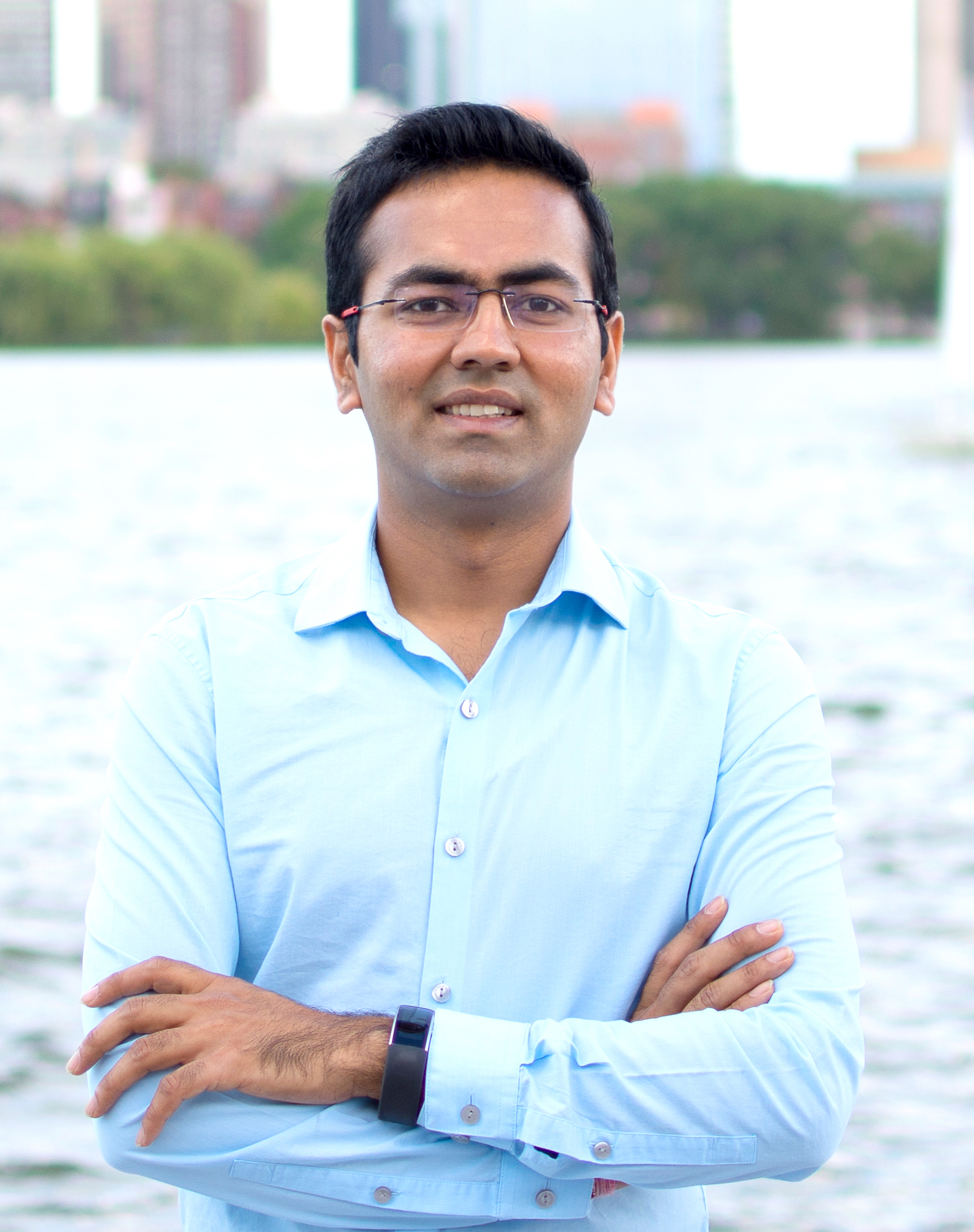Revolutionizing NextG Wireless: Sustainable, Scaleable and Reliable Architectures for Massive MIMO and mmWave Connectivity
Technical seminar with the following abstract:
The journey of wireless communication has transformed our world, evolving from simple voice calls in 1G to the immersive experiences and massive machine-type communication envisioned for NextG. However, this progress brings critical challenges: sub-6 GHz systems struggle with energy efficiency and sustainability, while mmWave networks face reliability issues and scalability constraints when serving large numbers of clients.
This talk introduces groundbreaking solutions to these challenges, paving the way for a more sustainable and reliable wireless future. I will present GreenMO and PhaseMO, innovative approaches that leverage hardware virtualization to dramatically reduce power consumption in Massive MIMO systems, making them more energy-efficient. Additionally, I will present mmReliable and mmFlexible, transformative strategies that enhance mmWave network scaleability and reliability by employing multi-directional beamforming to enable multi-user and overcome blockages and ensure consistent connectivity. Together, these advancements redefine the possibilities for NextG wireless systems.
Finally, I will share insights into ongoing research at WCSNG UCSD aimed at creating NextG software driven wireless networks, that can sustain the ever-growing demands of modern communication networks.
Date and Time
Location
Hosts
Registration
-
 Add Event to Calendar
Add Event to Calendar
- 2356 Main Mall
- University of British Columbia
- Vancouver, British Columbia
- Canada V6T 1Z4
- Building: MacLeod Building
- Room Number: 3038
- Contact Event Host
-
lelewang@ece.ubc.ca
- Co-sponsored by IEEE Vancouver Section, IEEE Communication Society Chapter
Speakers
D
Revolutionizing NextG Wireless: Sustainable, Scaleable and Reliable Architectures for Massive MIMO and mmWave Connectivi
Technical Seminar with the following abstract:
The journey of wireless communication has transformed our world, evolving from simple voice calls in 1G to the immersive experiences and massive machine-type communication envisioned for NextG. However, this progress brings critical challenges: sub-6 GHz systems struggle with energy efficiency and sustainability, while mmWave networks face reliability issues and scalability constraints when serving large numbers of clients.
This talk introduces groundbreaking solutions to these challenges, paving the way for a more sustainable and reliable wireless future. I will present GreenMO and PhaseMO, innovative approaches that leverage hardware virtualization to dramatically reduce power consumption in Massive MIMO systems, making them more energy-efficient. Additionally, I will present mmReliable and mmFlexible, strategies that enhance mmWave network scaleability and reliability by employing multi-directional beamforming to enable multi-user and overcome blockages and ensure consistent connectivity. Together, these advancements redefine the possibilities for NextG wireless systems.
Finally, I will share insights into ongoing research at WCSNG UCSD aimed at creating NextG software driven wireless networks, that can sustain the ever-growing demands of modern communication networks.
Biography:
Dinesh Bharadia is an Associate Professor in the Electrical and Computer Engineering Department and Klein Gilhousen Chancellor’s Endowed Chair at the University of California San Diego (UCSD), where he leads the Wireless Communication Sensing and Networking Group (WCSNG). He earned his Ph.D. from Stanford University in 2016, followed by a Postdoctoral Associate position at MIT. In 2018, he joined UCSD as an Assistant Professor and was promoted to a tenured position in 2022.
His research focuses on designing and prototyping advanced systems for wireless communication, sensing, and networking, with applications spanning privacy, security, robotics, health, and everyday life. His work has driven new research directions across fields such as communication theory, RFIC design, and robotics. Many of his innovations have been successfully translated into startups and commercial products, including Haila, Kumu Networks, and Totemic Labs.
Under his leadership, the WCSNG group has secured over $15 million in funding over the past five years from sources such as NSF, industry partners, and DoD grants. This funding supports a vibrant team of more than 40 students at any given time, helping train the next generation of engineers and scientists. He has received numerous prestigious accolades for his contributions to wireless research, including being named to Forbes 30 Under 30 (Science) and MIT Technology Review’s Innovators Under 35 list.

Email:
Address:San Diego, California, United States

